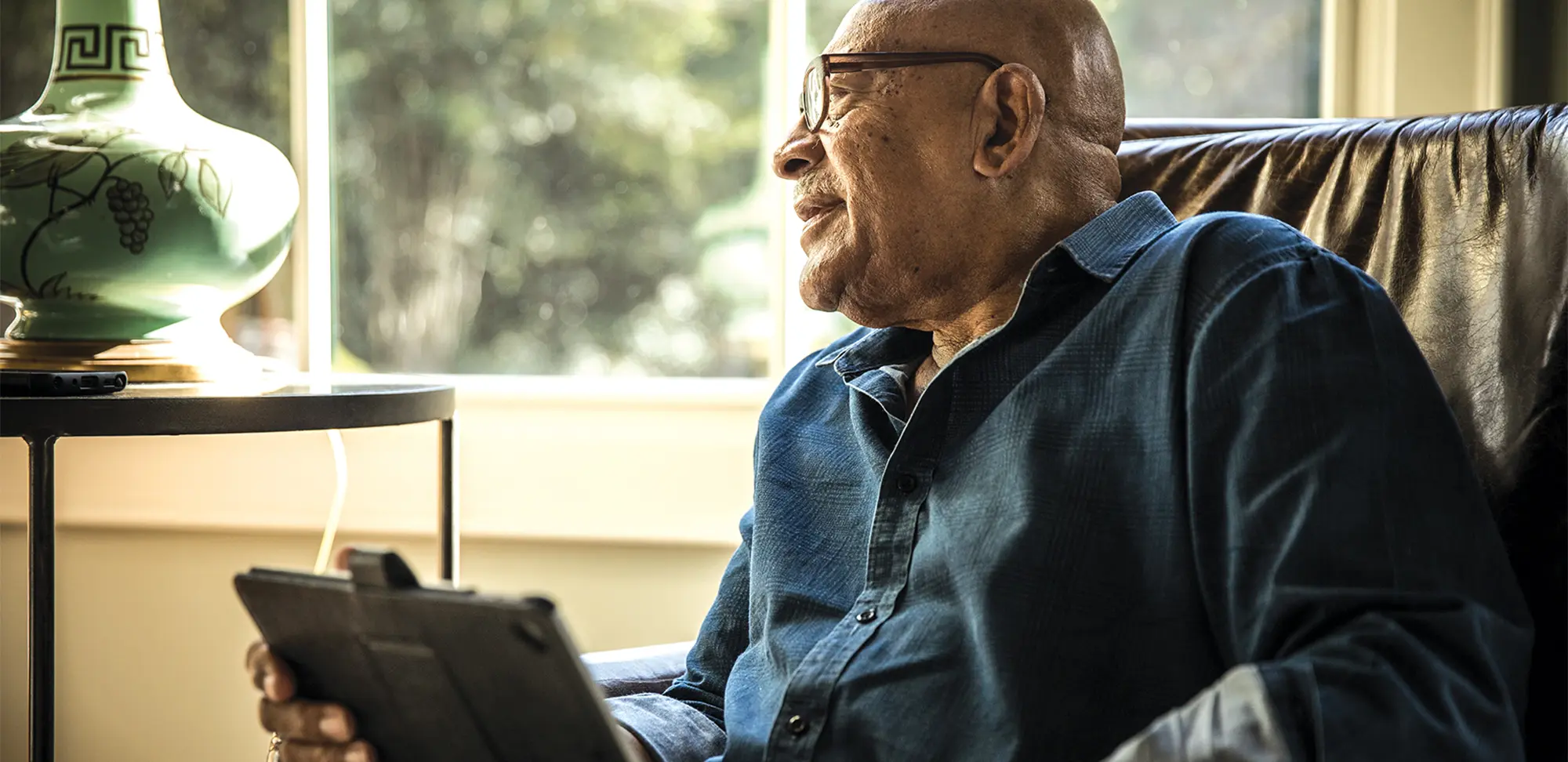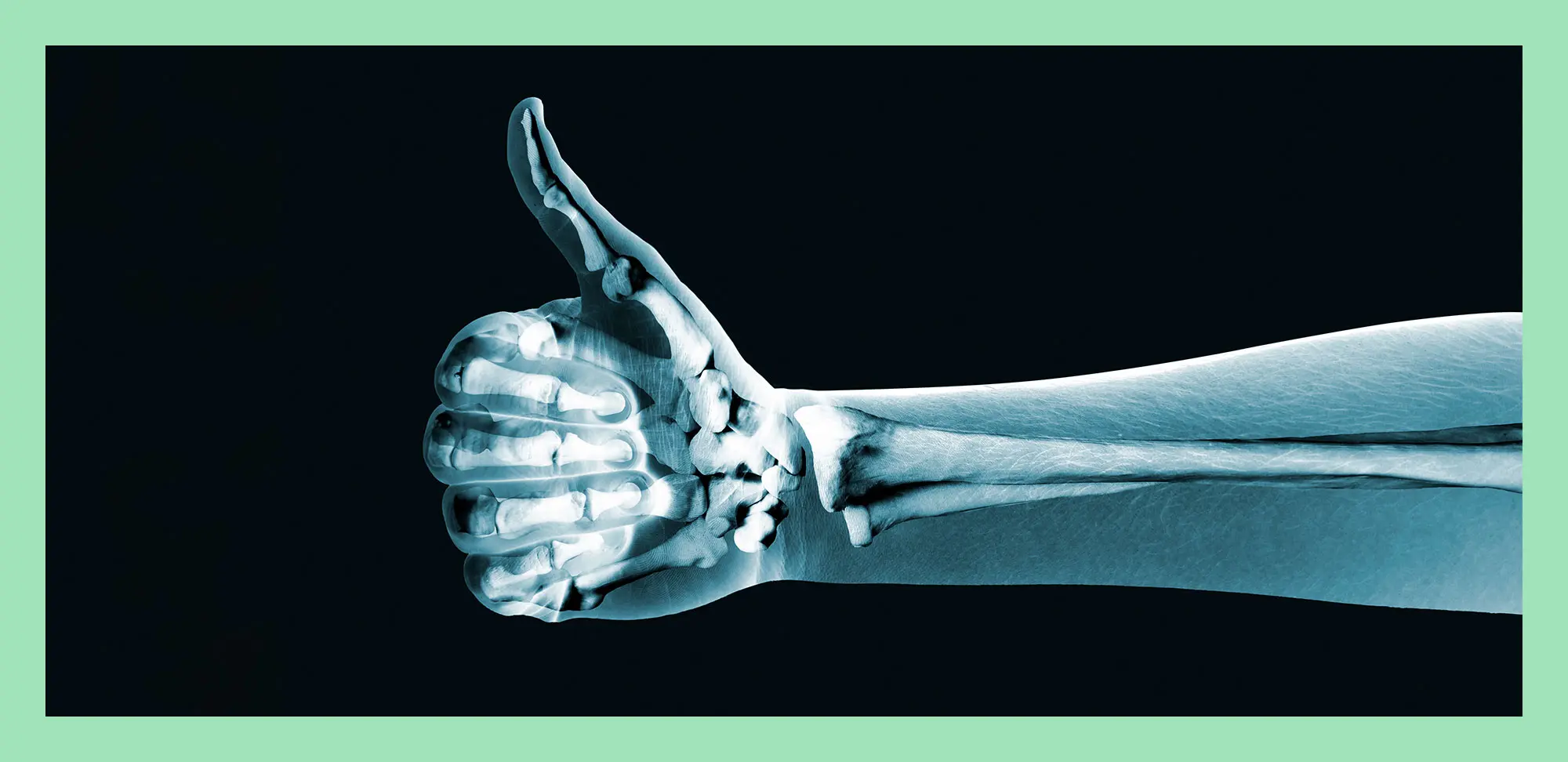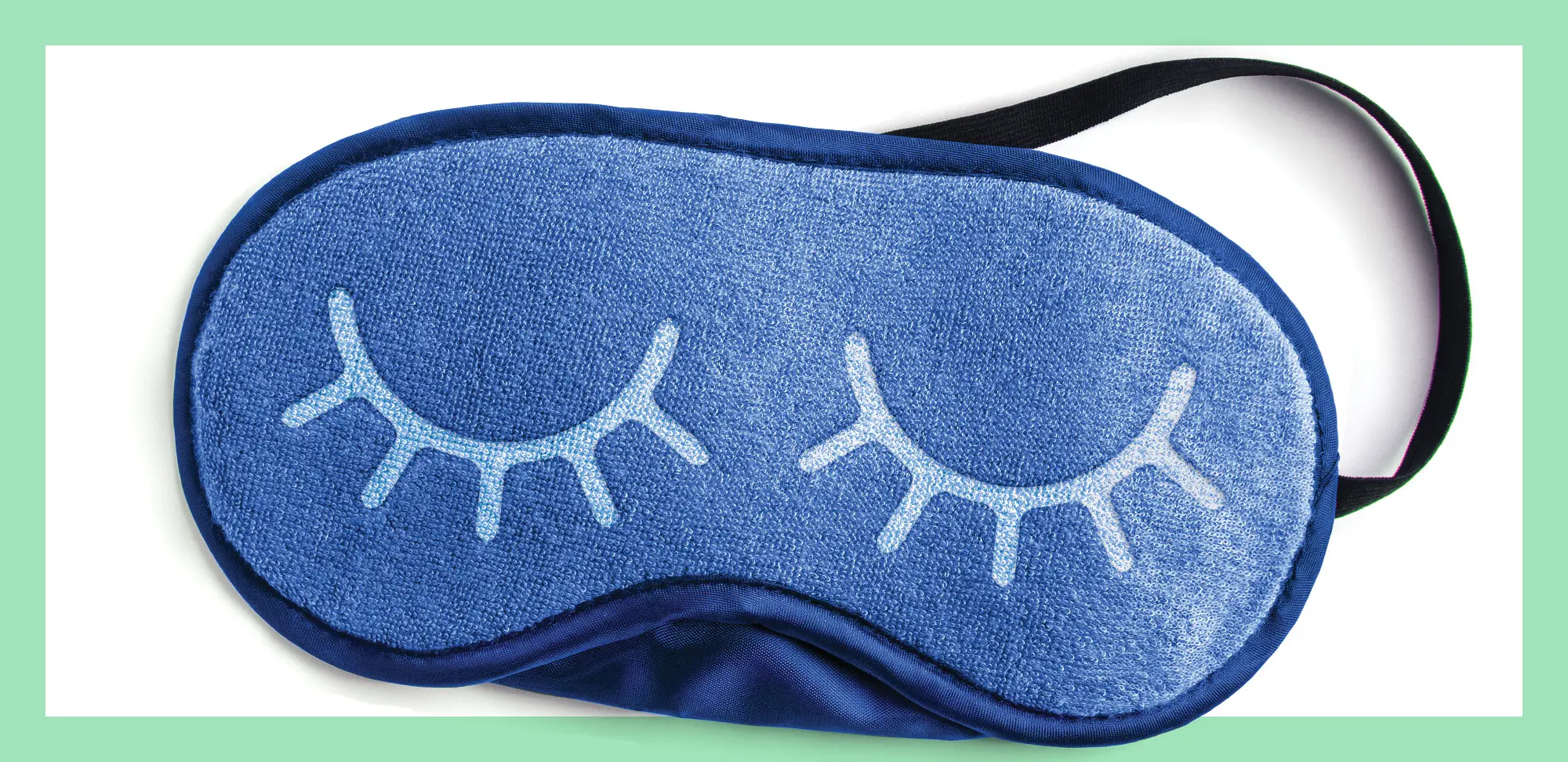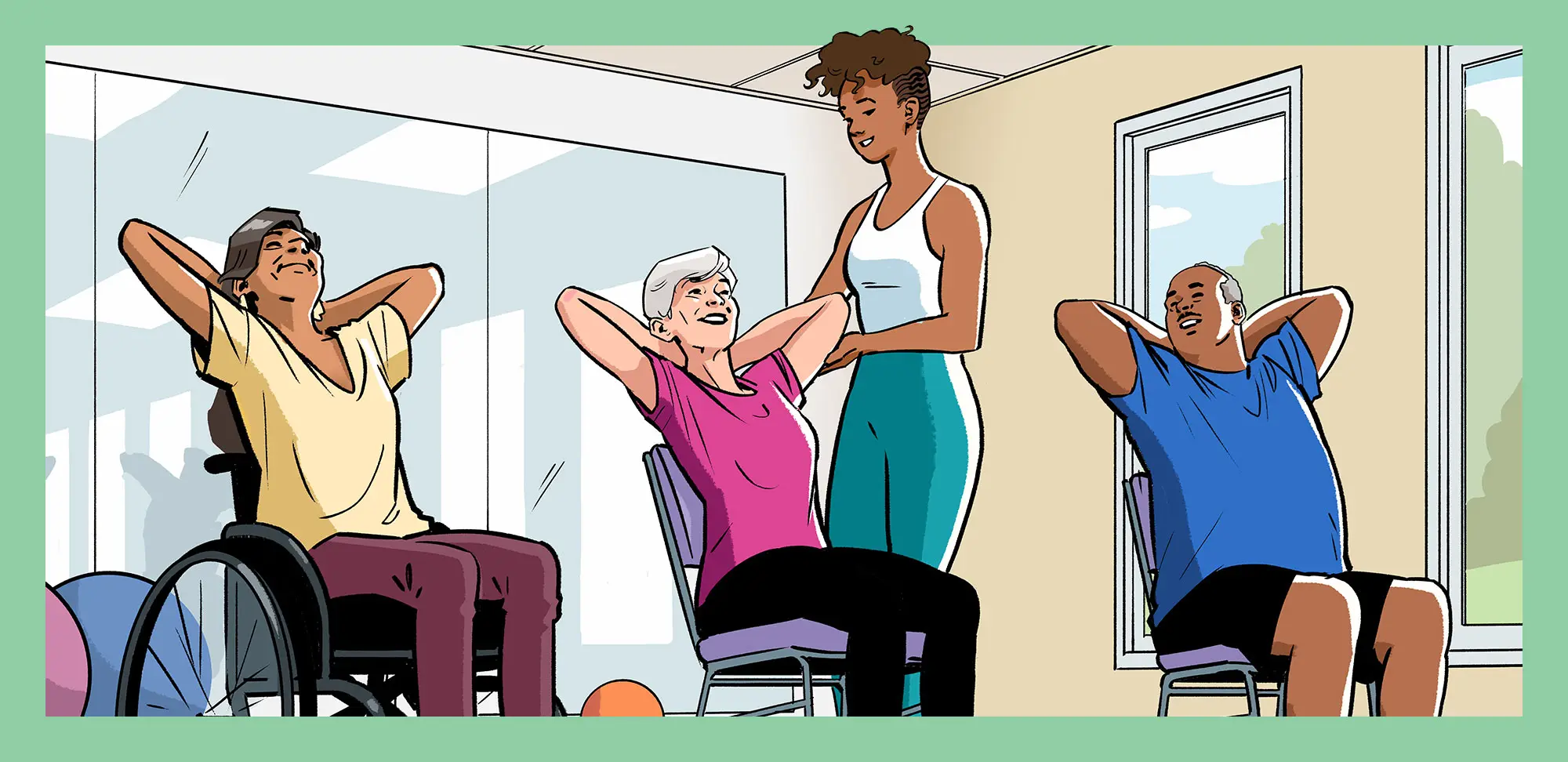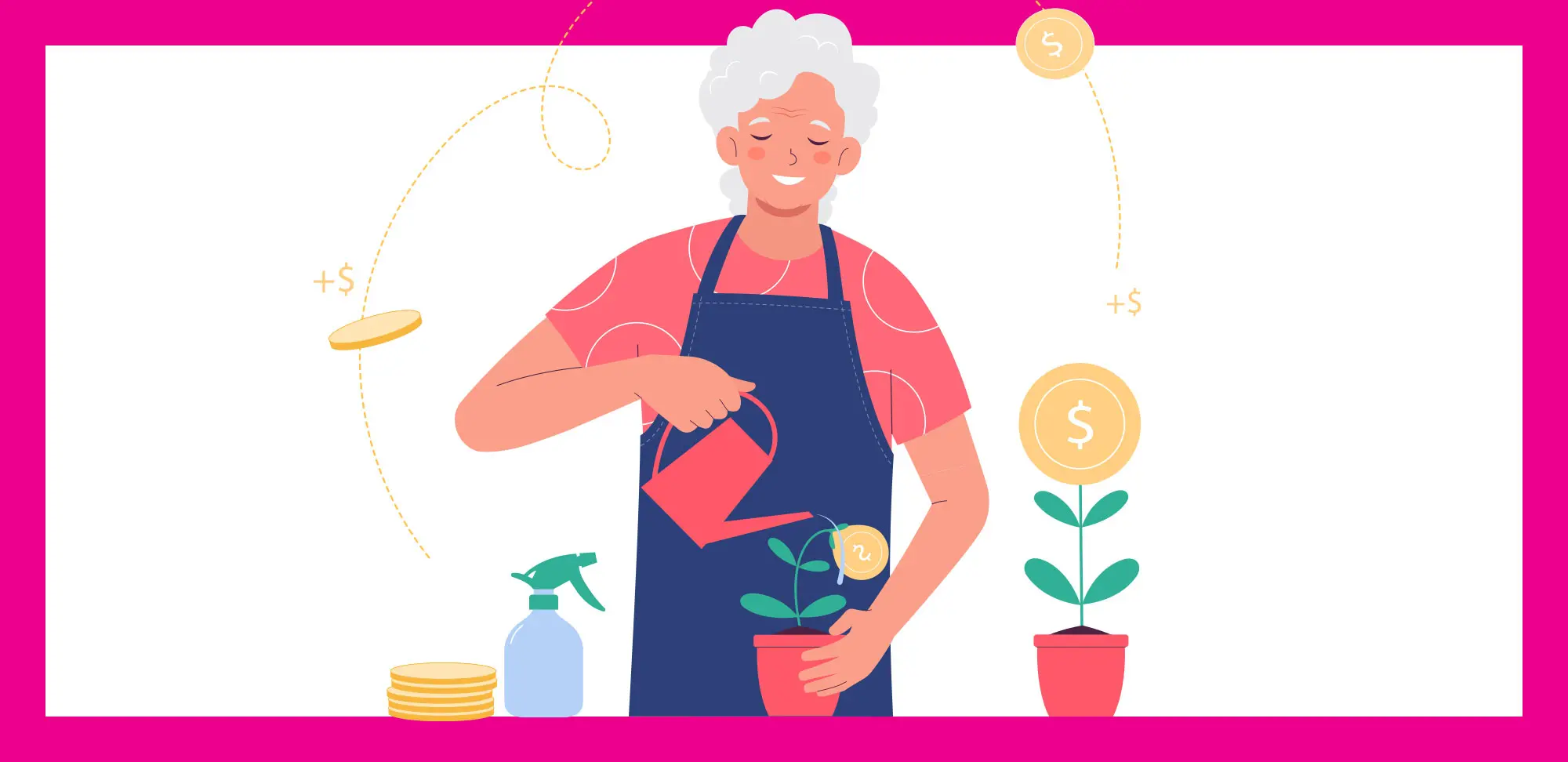As the country continues to grapple with the aftermath of a devastating pandemic, this might be a good time to ponder what to be thankful for — whether that’s good health, love of family and friends, steady employment or personal achievements.
Research suggests that documenting reasons for why you’re grateful has psychological benefits, including a sense of calm and personal growth.
One study carried out by researchers at Indiana University and elsewhere, and published in the journal Psychotherapy Research in 2016, randomly assigned 293 people seeking psychotherapy to one of three programs: psychotherapy only, psychotherapy plus expressive writing (about feelings related to stressful experiences) or psychotherapy and gratitude writing (writing letters thanking others). After 12 weeks, participants in the gratitude group reported significantly better mental health than those in the other two.
Gratitude journaling also promotes physical health. A study conducted by the Chopra Foundation in collaboration with the University of California at San Diego, and published in the journal Spirituality in Clinical Practice in 2015, randomized 186 patients with asymptomatic heart failure to receive an eight-week program of standard management or standard management plus keeping a gratitude journal. Those in the gratitude group were instructed to write down three things they were most appreciative for on a daily basis. That study showed that expressing gratitude not only improved mood and fatigue levels but also boosted heart health by, for example, reducing levels of biological markers of inflammation, such as C-reactive protein and white blood cell counts.
You, too, might reap such benefits. Pick up a sturdy paper journal and list your reasons for being grateful. Or, if you’re keen on using a digital diary that may encourage more creative expression, there are a myriad of related apps. But all apps are not created equal, so see “User Beware” (at right) for cautions.
Getting started
- Aim to write in your gratitude journal on a regular basis. Experts recommend spending about 15 minutes at least once a week.
- Try to make the journal part of your normal routine — for example, writing first thing in the morning or before bed.
- Some experts suggest writing up to five things you’re grateful for. But the number isn’t as important as the actual content, which could include experiences, events, people or other things for which you feel thankful.
- Consider including an explanation for why these things made you feel good. Remember that unexpected events in your life are often the most impactful.
User beware
When assessing an app — including a gratitude app — Dr. David Gratzer, a psychiatrist at the Centre for Addiction and Mental Health in Toronto who sits on an American Psychiatric Association app advisory panel, offers these tips.
- Make sure the app is easy to use and contains practical information.
- Ensure the app has solid backing — for example, from a hospital or other credible institution.
- Confirm that the app has a transparent privacy policy and that your personal information won’t be shared with third parties.
- Determine when the app was last updated; it should be reviewed at least every six months.
- Look for evidence of specific benefits, such as details from user reviews and published outcomes.
- Beware of hidden costs. After using the app for free, you might suddenly be asked to pay a monthly subscription fee to continue.
- Investigate whether the app allows you to connect with others doing the same kind of journaling so you can share experiences.
